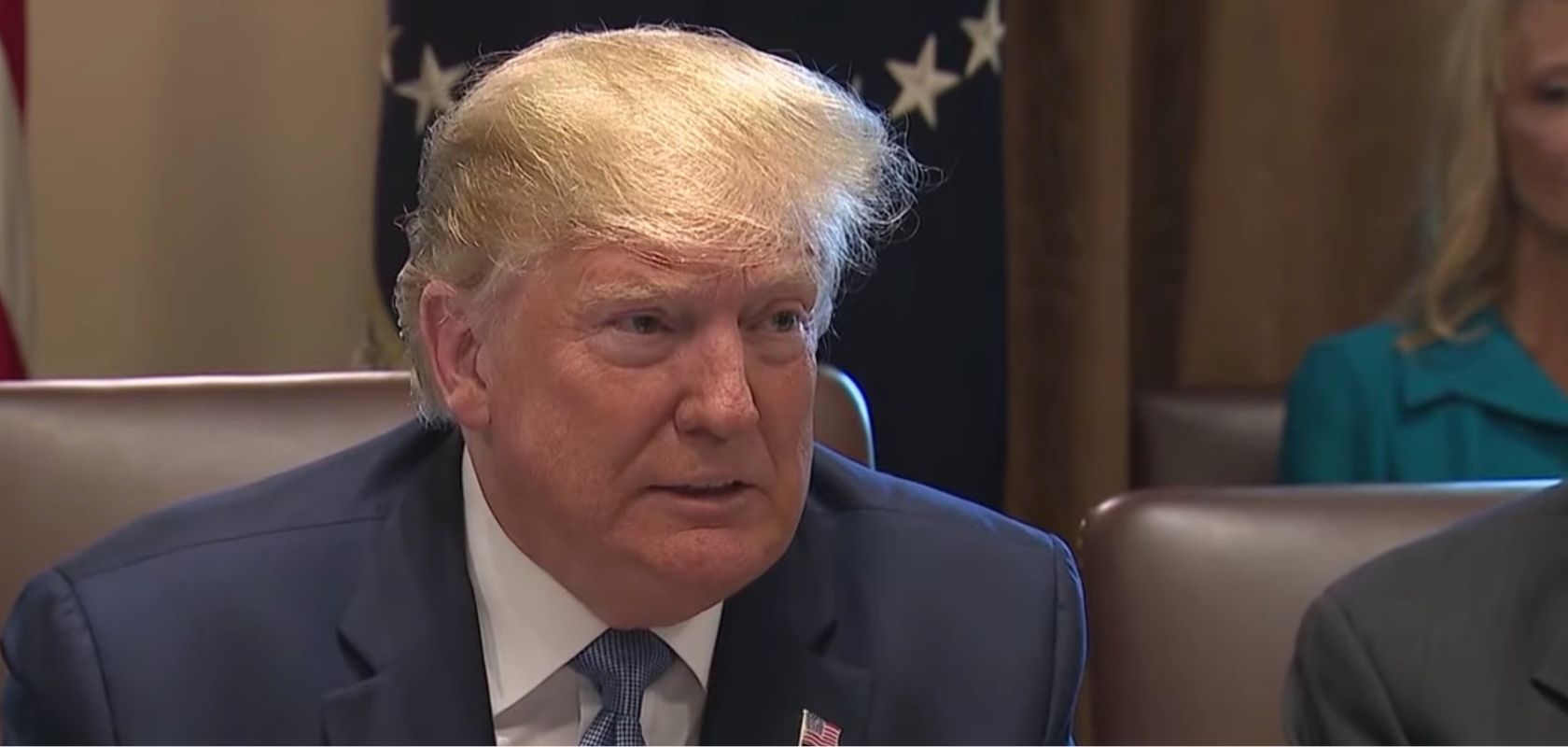Donald Trump campaigned on his “Make America Great Again” platform in 2016 – and managed to win hearts and minds in his country by promising to focus his nation’s vast resources on rebuilding its own strengths, to the benefit of ordinary citizens and their everyday lives.
And if any foreign meddling were to be done by the US – as any big power sometimes apparently must do – his campaign promised it would exclude extreme lengths of foreign meddling, like for example America’s past international law-violating regime-changing wars. Instead, the implication has been, Trump would limit his meddling only to protecting America’s clear and immediate economic interests.
We’ve seen some evidence of that with the Trump administration’s “trade war on China” – and with the White House’s disinterest in getting pulled any deeper into the quagmire of any real-world conflicts in the Middle East.
Now, the New York Times has a story about the US government making moves to protect the interest of US tech giants doing business around the world.
The article builds an argument that touches on pretty much every aspect of the nature of the global internet today – from the discontent of various countries and entities – like China, Russia, and the EU – and their varied actions aimed at regulating big US tech firms in their own jurisdictions – all the way to the way the internet itself is governed today.
A new moment is the US incorporating Section 230 of its seminal Communications Decency Act into several recent trade deals – the one with Japan, and another between the US and Mexico and Canada.
The goal of this seems to be to protect US tech companies’ business abroad from lawsuits. But the report notes that while “the rules for trading goods have largely been written – often by the United States- the world has far fewer standards for digital products.”
The gist of Section 230 is that it lets internet platforms – the likes of Google and Facebook, for example – off the hook as legally liable for the content their users create.
In the US, these provisions are criticized by Democrats as allowing some nasty speech they don’t want to see allowed online – but also by Conservatives, as a way to prove that if censored, these massive platforms would turn to nothing else or less than online public spaces that are being censored.
And designating them as anything else, they say, is just a handy excuse for outright censorship without accountability to the country’s First Amendment.






















